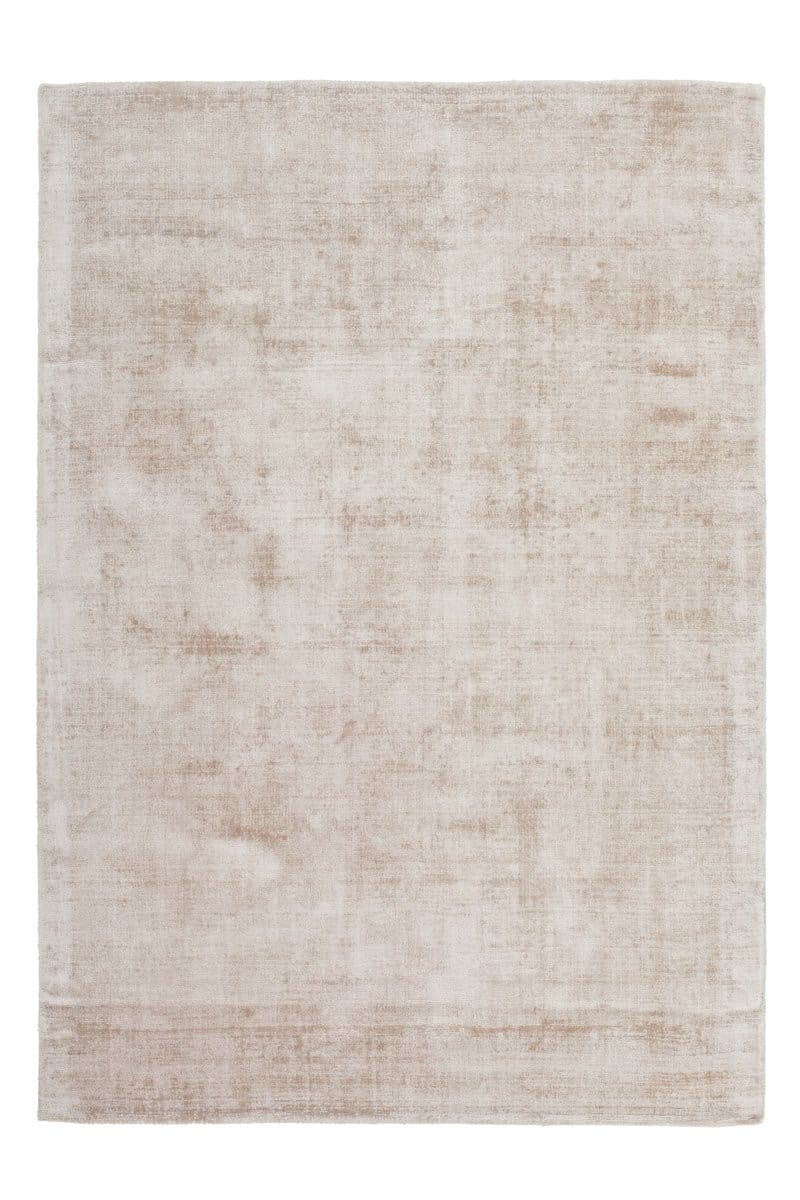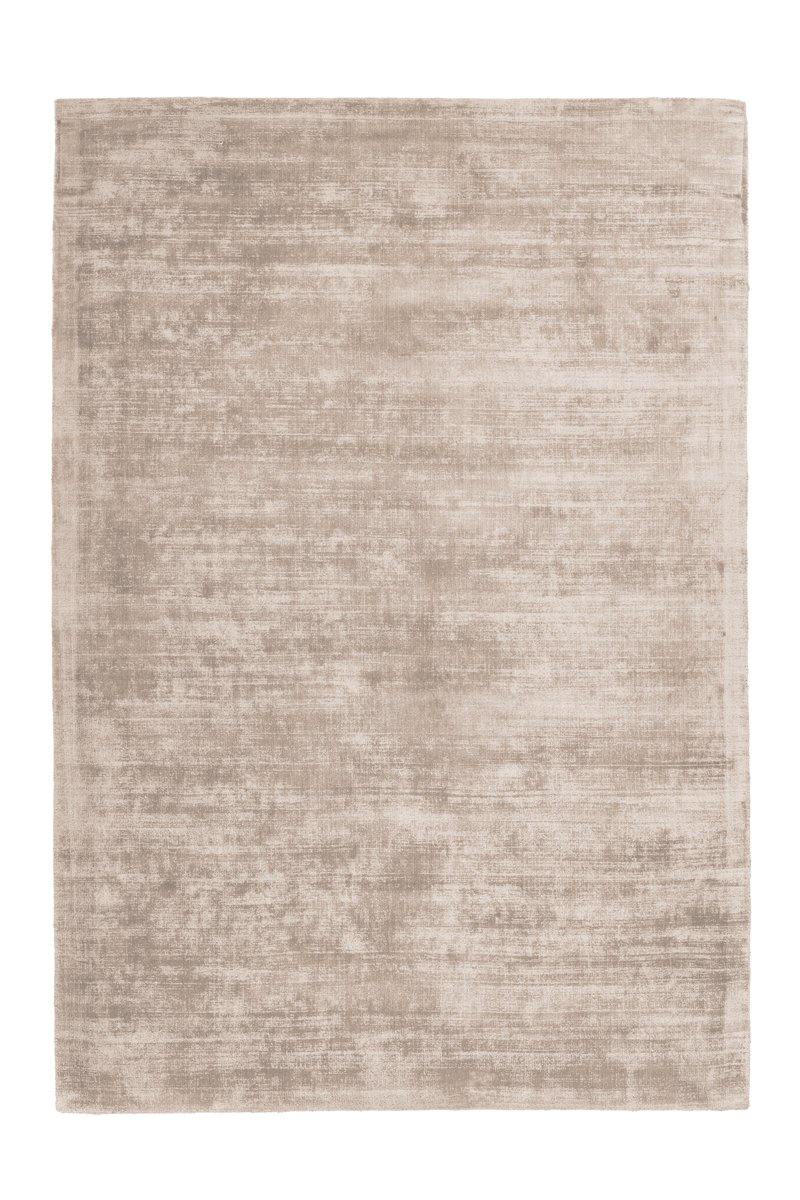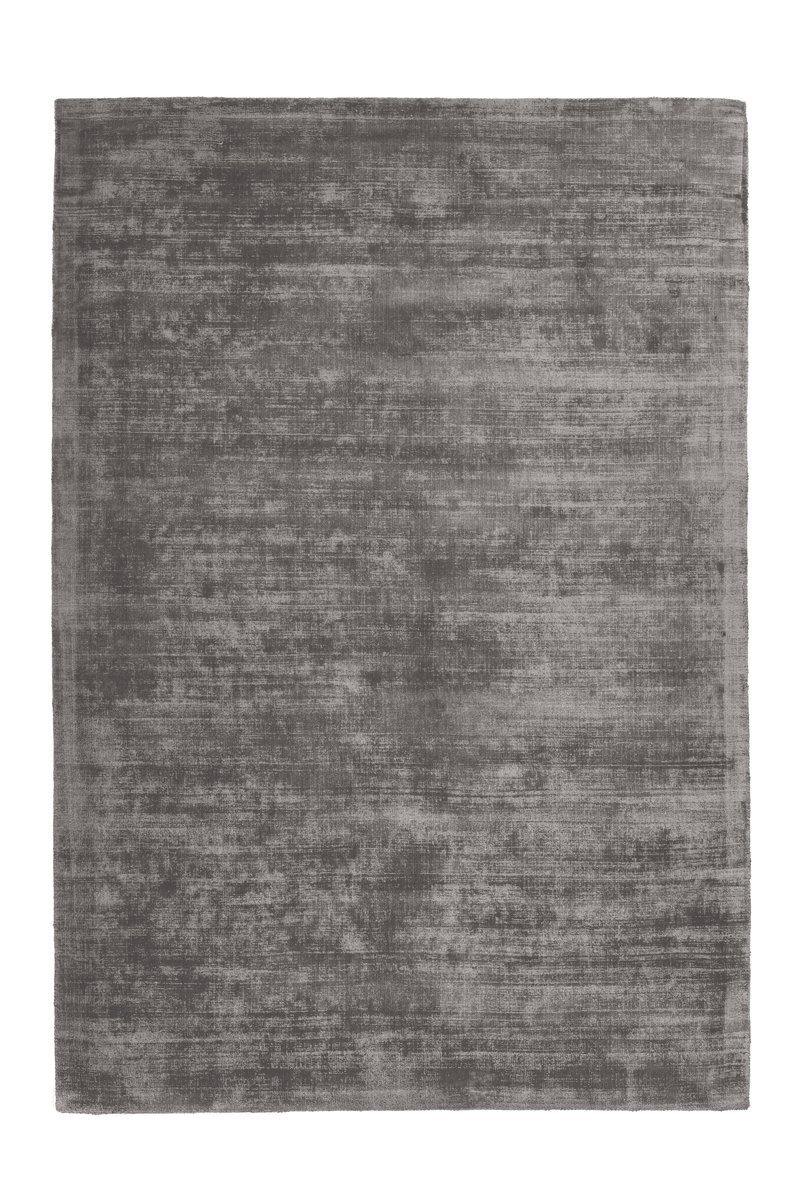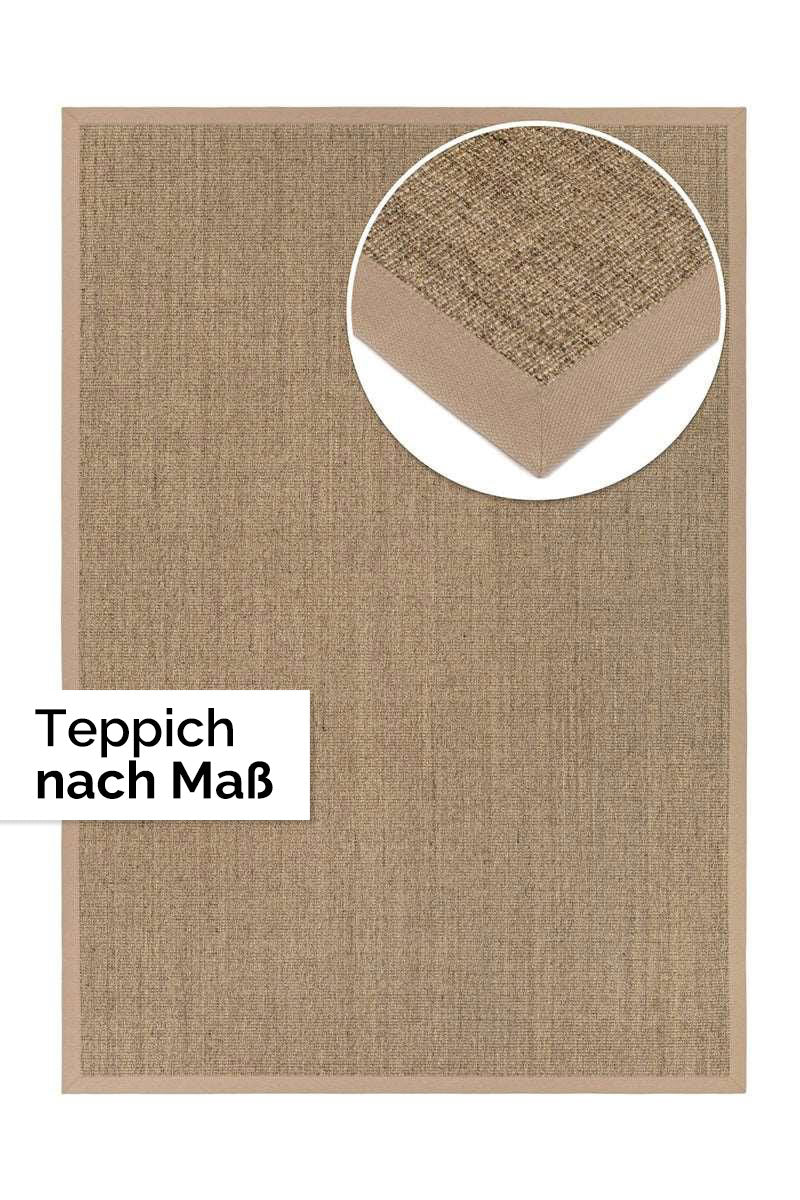Do you want to add a touch of natural beauty and durability to your interior? Then sisal rugs are just right for you.
These versatile floor coverings have gained popularity in recent years because they effortlessly enhance any room. Made from the fibers of Agave Sisalana , sisal rugs offer a unique combination of elegance and durability. With their natural, earthy tones and intricate weave patterns, sisal rugs can seamlessly complement any décor style, from modern to rustic.
However, what really sets sisal rugs apart is their incredible durability. Sisal fiber is known for its strength and can withstand heavy foot traffic without showing signs of wear.
Introduction to sisal rugs
Sisal rugs are traditionally made from the fibers of the Agave Sisalana, a plant native to tropical areas such as Mexico and Africa. The fibers are separated from the agave leaves, washed and dried to prepare them for making the carpet. The fibers of the sisal rug have a natural golden color, which gives the rug a warm and inviting appearance. Sisal rugs are made using different weaving techniques to create different patterns and textures. These rugs are available in different sizes and shapes to suit individual needs and preferences.
Once the sisal rug is made, it is placed on a non-slip base to ensure it stays in place and does not slip. These pads also provide additional comfort and protection for the carpet and the floor underneath. Sisal rugs can be used both indoors and outdoors and are ideal for high traffic areas such as hallways, living rooms and dining areas.

Advantages of sisal carpets
4. Sustainability: Sisal rugs are an eco-friendly choice as they are made from natural plant fibers. The Agave Sisalana is a fast-growing plant that regrows easily and does not require any harmful chemicals or pesticides to produce the carpet.
5. Allergy Friendly: Sisal rugs are hypoallergenic and ideal for people with allergies or asthma. The natural fibers of the carpet are less prone to the accumulation of dust and dirt, which helps improve the air quality in the room.
Production of sisal carpets
The threads are then woven on looms in various patterns and textures to achieve the desired style of sisal rug. Depending on the weaving technique, different patterns such as herringbone, chevron or simple stripe patterns can be created. The woven threads are then cut to the desired size and provided with a non-slip backing to keep the rug safe and stable.

Different styles and patterns of sisal rugs
1. Natural Sisal Rug: This style of sisal rug has a natural golden color of the sisal fibers, giving the room a warm and inviting atmosphere. This classic style goes well with different interior styles and can be used in any room.
2. Striped Sisal Rug: Striped sisal rugs are a popular choice for modern and contemporary interior styles. The striped pattern gives the room a touch of dynamism and can serve as an eye-catcher.
3. Chevron Sisal Rug: Chevron patterns are very popular in home decor and add a touch of elegance and style to the room. Chevron sisal rugs are a great choice for rooms that want a contemporary vibe.
4. Herringbone Sisal Rug: Herringbone patterns are classic and timeless. A herringbone sisal rug adds an elegant and sophisticated touch to any room and can blend well with traditional interior styles.
There are many other styles and patterns of sisal rugs, from simple stripes to intricate geometric designs. Choosing the right style and pattern depends on your individual taste and interior style.
Tips for choosing the right size and shape of sisal rug
The right size and shape of the sisal rug is crucial to achieve the desired effect in the room. Here are some tips for choosing the right size and shape of sisal rug:
1. Room Size: Measure the room where the rug will be placed to determine the correct size. Make sure the rug is big enough to cover the area you want, but not too big to overwhelm the room.
2. Furniture arrangement: Consider the arrangement of the furniture in the room and how the carpet fits into the overall picture. The rug should frame the furniture in a pleasing way and visually tie the room together.
3. Shape of the room: The shape of the room can also affect the shape of the rug. A rectangular room can work well with a rectangular rug, while a circular room can benefit from a round rug.
4. Intended use: Consider the intended use of the rug. A large rug can be used in a living room or dining area, while a smaller rug can work well in a bedroom or study.
Care and maintenance of your sisal carpet
1. Regular vacuuming: Vacuum the sisal rug regularly to remove dust and dirt. Use a brush nozzle or attachment to avoid damaging the fibers.
2. Instant stain removal: Stains should be removed immediately to prevent them from penetrating the fibers and causing permanent stains. Use a clean, white rag or sponge and warm water to treat the stain. Avoid using harsh cleaning agents as these can damage the fibers.
3. Protection from Moisture: Sisal carpets should be protected from excessive moisture as this can lead to mold growth. Avoid placing sisal rugs in damp areas such as bathrooms or basements.
4. Professional Cleaning: For a thorough clean and refresh of your sisal rug, consider professional carpet cleaning. A professional cleaning service can thoroughly clean your carpet and remove any possible stains or dirt.

Integration of sisal carpets in different rooms of the house
1. Living Room: Place a sisal rug in the living room to create a warm and welcoming space. A large rug can frame the entire living area and be the central element of the room.
2. Dining Area: Use a sisal rug under the dining table to define the area and give it a natural elegance. A rectangular rug can frame the dining table and chairs and visually tie the room together.
3. Bedroom: Place a sisal rug next to the bed to create a soft and warm base. A smaller rug can also serve as an accent piece and add a cozy vibe to the room.
4. Hallways: Use long, narrow sisal rugs in hallways to visually lengthen the space and define the circulation area. These rugs can also be called dirt
FAQ
How much does a sisal carpet cost?
The cost of a sisal rug can vary depending on size, quality, and design. On average, sisal carpets are between €20 and €100 per square meter.
What are sisal carpets?
Sisal carpets are natural floor coverings made from the fibers of the Agave sisalana plant. These rugs are characterized by their durability, texture and eco-friendly nature.
How easy to care for are sisal carpets?
Sisal carpets are relatively easy to care for. They should be vacuumed regularly to remove dirt and dust. It is important that they are not cleaned with too much moisture as this can damage the fibres.
Can you clean a sisal rug?
Yes, you can clean a sisal rug. It is recommended to hire professional carpet cleaners who are experienced in cleaning sisal carpets to avoid possible damage.
How do I get water stains out of a sisal rug?
To remove water stains from a sisal rug, you should first try to soak up the excess water with a clean cloth or paper towel. Avoid rubbing the stain as this can make the problem worse. You can then use a special stain remover for sisal carpets or ask a professional for advice.
Is sisal carpet warm?
Sisal carpets are natural heat stores and can therefore provide a certain level of warmth. However, they are not as insulating as carpets with thicker padding.
Is sisal easy to care for?
Yes, sisal is generally easy to care for. Regular vacuuming and turning the rug occasionally can help extend its life. However, sisal rugs should be protected from moisture and stains should be treated immediately.
Is jute and sisal the same?
No, jute and sisal are different natural fibers. Jute is softer and less durable than sisal. Sisal is stronger and more resistant to wear and tear.
How sensitive is sisal?
Sisal is a bit more delicate compared to some other carpet materials. It can be damaged by excessive moisture or excessive friction. It is therefore important to protect the carpet from moisture and to be careful when cleaning.





